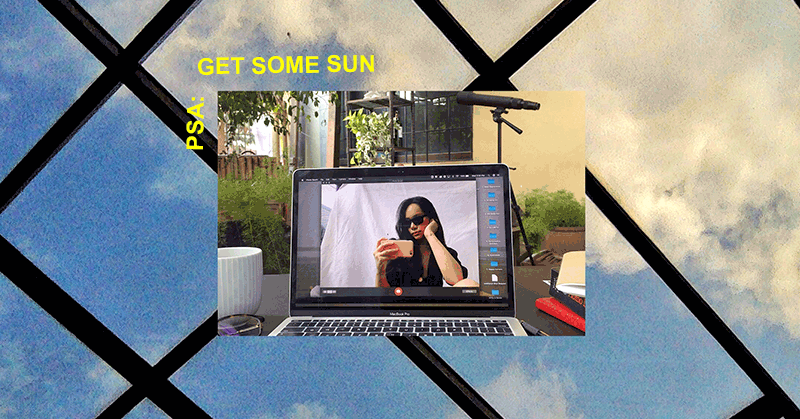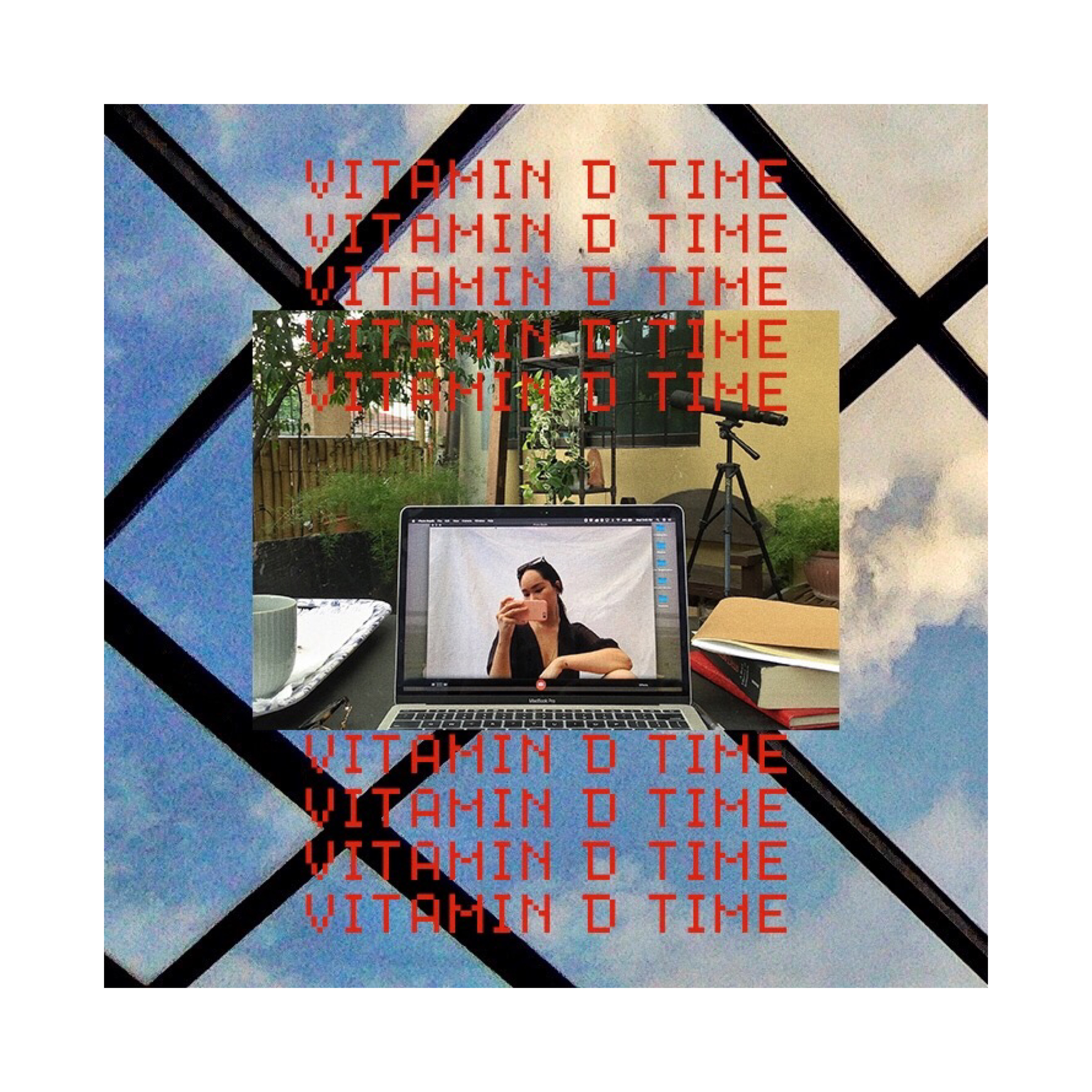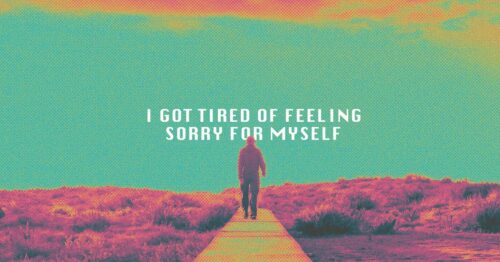I learned I wasn’t getting enough Vitamin D during quarantine
On Quarantine Day 50-something, it hit me that I was stuck in a bizarre, unfamiliar rut but couldn’t pinpoint the cause.
My expectation was that, by this time, I’d somehow be adjusted. With a whole system worked out and new boundaries within the house, I could separate home office life from actual home life. Still bothering to get dressed for work became a general rule. So did trying to keep my bedroom a work-free zone (which is a lot harder than it sounds).
I would only have to leave the house once in two or maybe three weeks. Errands were always quick; time outside was short. I was privileged, and I knew this, to even have this setup at all. So it came as a total surprise to my bright-eyed self with all these WFH game plans that by mid-May, I was in a slump. Tired. Sluggish despite efforts to keep active. A cross between perpetually wanting to go down for a nap and just surrendering to a kind of restless autopilot mode.
RELATED: COVID-19 Anxiety: How To Take Care Of Your Mental Health
I couldn’t find a term for it or a precise human emotion. So when I told my family about it over dinner, the words that came out of my mouth were: I feel like a wilting houseplant in the wind. That’s definitely it, I thought. ACCURATE. Even without context, my dad, a physician, responded, “Okay, go outside when the sun’s out.” (Wait, was this a plant joke?)
Clichés about looking on the bright side aside, I couldn’t believe this was the actual doctor’s order: to literally sit outside in our veranda for 15 minutes a day to get some sun.
 The new WFH agenda: take the office outdoors @ 4PM
The new WFH agenda: take the office outdoors @ 4PM
My inkling was that this was pandemic-induced anxiety, something more widely acknowledged since the outbreak of COVID-19. I just figured that the distressing headlines popping up every day, the immovable worry over my family’s health and my own, and cabin fever spelled that out for me. Besides, the warning signs were there: low energy, difficulty sleeping, a tough time concentrating. But clearly, I didn’t factor in one other constant throughout all this. I was indoors almost 24 hours a day––cooped up, blinds drawn, with artificial lighting as the main light source for many hours. I really was a wilting houseplant.
RELATED: The Kids Are (Not) Alright: How Gen Z Is Coping With Anxiety During a Health Crisis
“This kind of insufficient sun exposure leads to Vitamin D deficiency, which isn’t at all uncommon,” says Dr. Eric Paul Ramos, an internist and general practitioner at The Medical City clinics. According to a 2012 study, close to 50% of the world population does not get enough Vitamin D. This is an issue prominent in countries that have winter months, where people are prone to developing Seasonal Affective Disorder (or SAD, no pun intended) because of reduced sunlight during this period. Serious implications of SAD include depression, irritability, and anxiety. However, given today’s indoor-oriented lifestyles (not to mention nightshift work arrangements), anyone from anywhere in the world can become Vitamin D deficient.
This got me pondering idioms like “a sunny disposition” or “walking on sunshine,” which, as it turns out, are backed by science. It touches on the relationship between sun and serotonin. “Sunlight picked up by the retinas prompts the release of serotonin, which is one of the body’s feel-good hormones,” says Dr. Ramos. “So relating to brain function, enough Vitamin D positively impacts a person’s mental health, mood, and demeanor.”
Beyond affecting a person’s headspace, Vitamin D governs several other physiological functions. “It is important to our innate immune system, which is the foundational form of resistance the body has against viruses, pathogens, and other toxins. Apart from that, it has an immense impact on bone health since it aids in the absorption of calcium,” explains Dr. Ramos. “A lack of Vitamin D can manifest in a range of ways like easily feeling under the weather, problems with sleep, chronic back pain, muscle aches, and an inability to focus on tasks.”
RELATED: Hear It From the Experts: Here’s How to Keep That Immune System in Check
Since this revelation, I’ve rehashed my work-from-home routine to include 15 to 20 minutes a day in the veranda, either taking my work with me or sitting under the sun to do a bit of light reading (protective eyewear and SPF at the ready, of course). “This is really the best and quickest way to get the recommended daily dose,” adds Dr. Ramos. “Eating Vitamin D-rich food like tuna, salmon or egg yolk, and taking a natural supplement work, too, but reasonable sun exposure is still the most efficient way. And it won’t cost you any money.”
It is a little strange to think that “brighter days ahead” sometimes call for literal sunlight, but they did eventually come (to note: one considerable difference that happened earlier on was the change in my mood). So, my fellow wilting houseplant humans, try it for yourselves. Crack a window open. Let some light in. Catch some rays or sit out with your plants today.
RELATED: Why You’ll Regret Skipping Sunscreen 20 Years From Now
Art Alexandra Lara



















